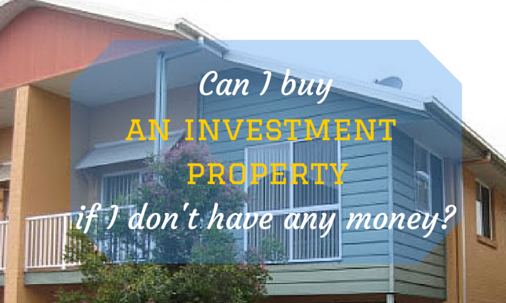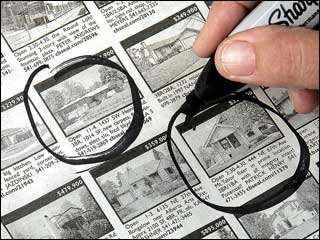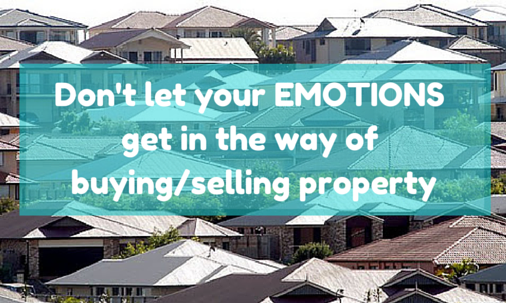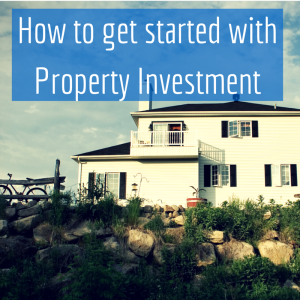If you have a large property and looking to make some extra money with it, you may consider building a granny flat. It is important to consider all the facts and to do your research before building.
Know the laws of your State
If you live in Victoria, South Australia or Queensland it is actually illegal to rent out a granny flat. In these states the granny flat is usually occupied by the homeowner’s adult children or elderly parent – or kept for visitors. People living in New South Wales, Tasmania, or Northern Territory though, can rent it out for extra money.
If you decide you want a granny flat, you then have to check the building regulations of your area. There are different types of granny flats to consider – a completely separate freestanding unit, an extension on the original house or garage or you can even convert an unused bedroom. As long as it has a separate entrance, it can be classed as a granny flat.
Lifestyle vs Investment
A lot of people may be more interested in the lifestyle of having a granny flat rather than as an investment. If you are considering building a granny flat on your property, when you come to sell it, you could be limited by potential buyers interested. And if you are wanting to rent it out, you have to be selective on who you rent it to. If you are going to be living in the main house, you have to get on with your tenants as they will technically be living in your space. Most people will prefer to keep the flat as a convenient place to put visitors or as a self-contained home office.
Will it add value?
Many experts agree that it doesn’t really add value to the property. If you have to build or convert an existing space , you probably won’t make much money on it, compared to what you spend on it. It really depends on the property and the location. If it doesn’t take up too much space in the garden, you could at least make your money back, but probably not much more than that.
What do you think? Is a granny flat a good idea or waste of space?









